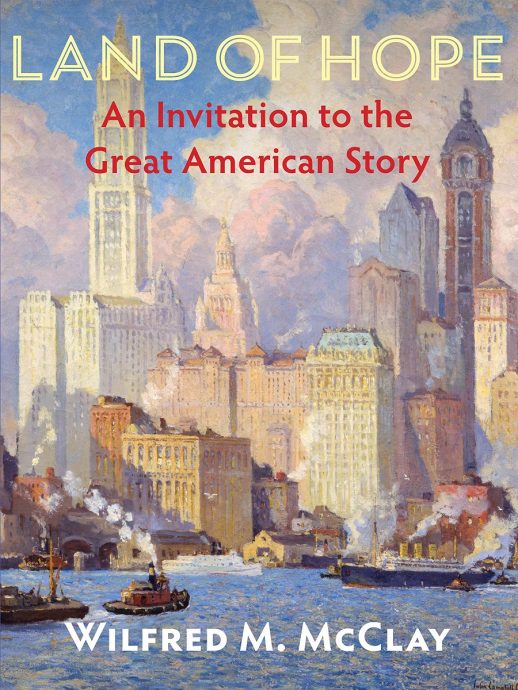Nov 22, 2012
An Invitation to the Land of Hope: A Conversation with Bill McClay
with
Wilfred M. McClay
The award-winning American historian Bill McClay returns to Liberty Law Talk to discuss his latest book, Land of Hope: An Invitation to the Great American Story.


